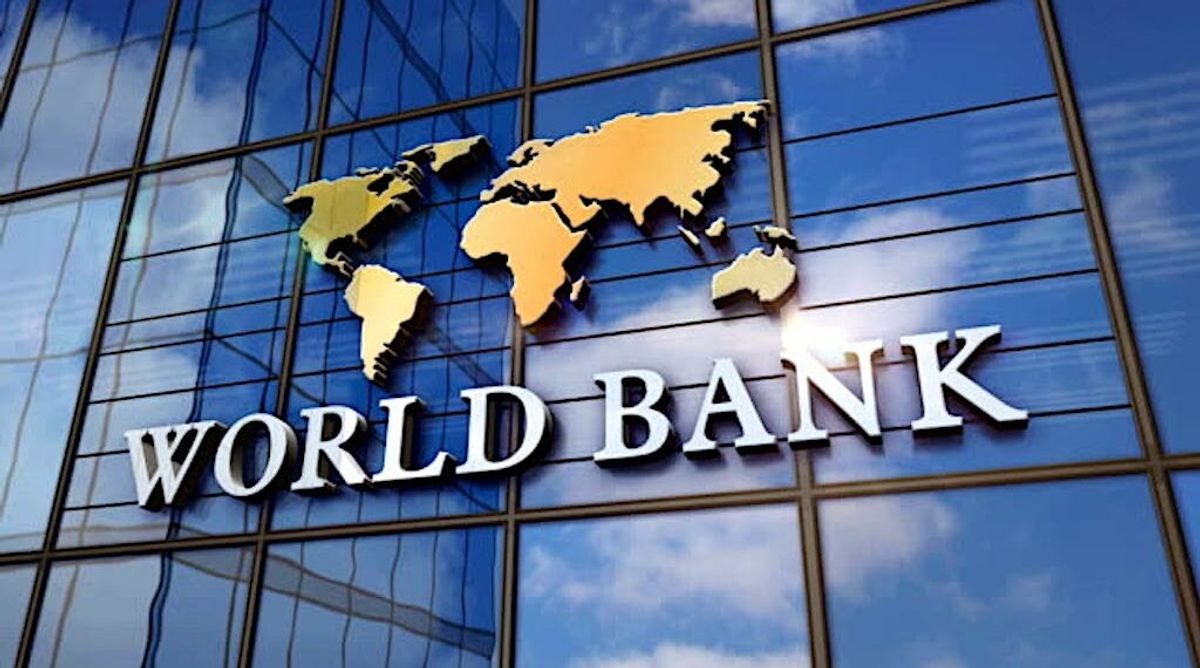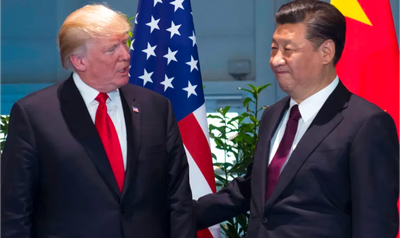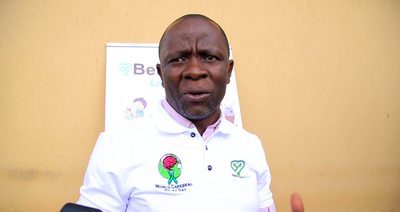
Economy
World Bank Sounds Alarm on Rising Inequality, Calls for Better Data to Drive Inclusive Growth
The World Bank has warned that rising economic inequality poses a serious threat to global development, slowing progress toward poverty eradication and shared prosperity. Experts say the issue is not only a social challenge but also a fundamental barrier to long-term economic growth.
According to World Bank specialists, including Indermit Gill, Luis Felipe López-Calva, Deon Filmer, and Haishan Fu, inequality—if left unchecked—undermines progress by stifling opportunity, weakening social cohesion, and limiting the impact of development efforts.
At the heart of the World Bank’s monitoring is the Gini index, the most widely used indicator of income and consumption inequality. A score of 0 represents perfect equality, while a score of 1 (or 100%) indicates maximum inequality.
The Bank has now adopted a new global benchmark, classifying any country with a Gini index above 40 as “high inequality.” By this measure, more than one in four people worldwide live in highly unequal societies, with Sub-Saharan Africa and Latin America recording some of the highest disparities.
But experts caution that accurately capturing inequality is challenging. The Poverty and Inequality Platform, which relies heavily on household surveys, faces inherent limitations:
Wealthier households often underreport income, while poorer households are underrepresented due to nonresponse.
Countries use different methodologies — some measure consumption expenditure, others disposable income — making cross-country comparisons less reliable.
Shifts in survey design over time and the absence of comprehensive tax data in many developing countries further complicate global measurement.
To design policies that can genuinely reduce inequality, the World Bank emphasises the need for better and more consistent data. Under the 21st replenishment of the International Development Association (IDA21), the institution has committed to supporting at least 30 low-income countries in strengthening household survey systems.
This will be complemented by:
Building stronger partnerships with national statistical offices.
Expanding the use of administrative data, such as tax records, to better capture wealth distribution.
Developing innovative tools and methodologies to monitor income and consumption trends with higher accuracy.
The World Bank says tackling inequality is central to its mission of ending poverty and boosting prosperity. Without inclusive growth, the benefits of economic expansion risk being concentrated among a small segment of the population, leaving millions behind.
“To build societies where prosperity is shared, we must first understand inequality with greater precision. Better data leads to better policy, and better policy ensures that growth works for everyone,” the World Bank experts noted.
As global leaders push toward the Sustainable Development Goals (SDGs), the World Bank stresses that economic growth alone is not enough. Policies must ensure that gains are broad-based, reaching the most vulnerable, including the poor, women, and marginalised groups.
By investing in stronger data systems, encouraging transparency, and supporting evidence-based policymaking, the World Bank hopes to equip governments with the tools needed to tackle inequality head-on.














Roswell Mbabazi
Leave a Comment
Your email address will not be published.